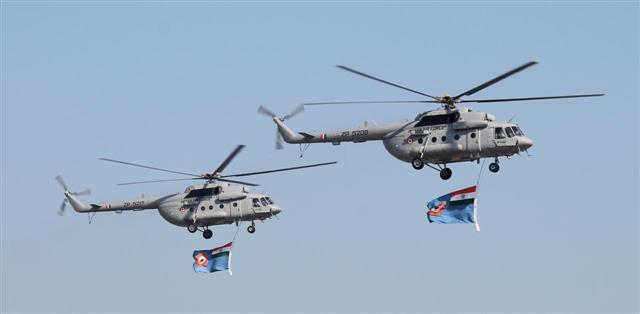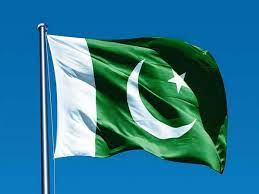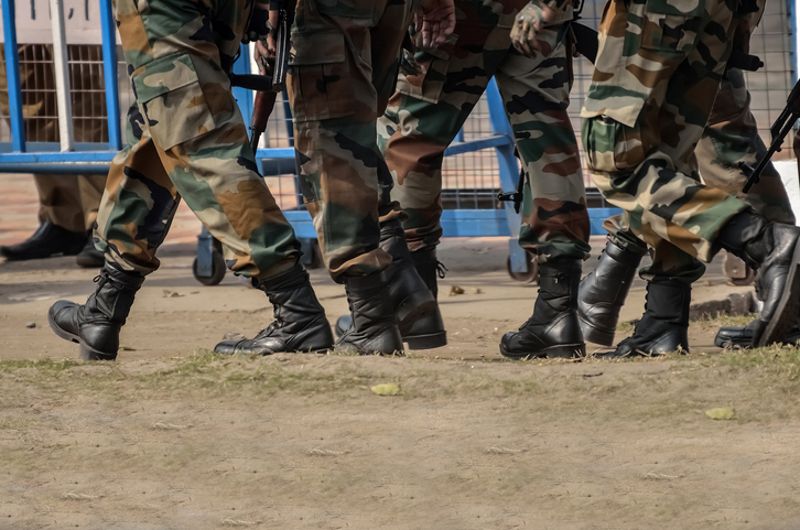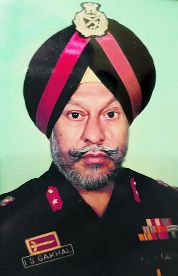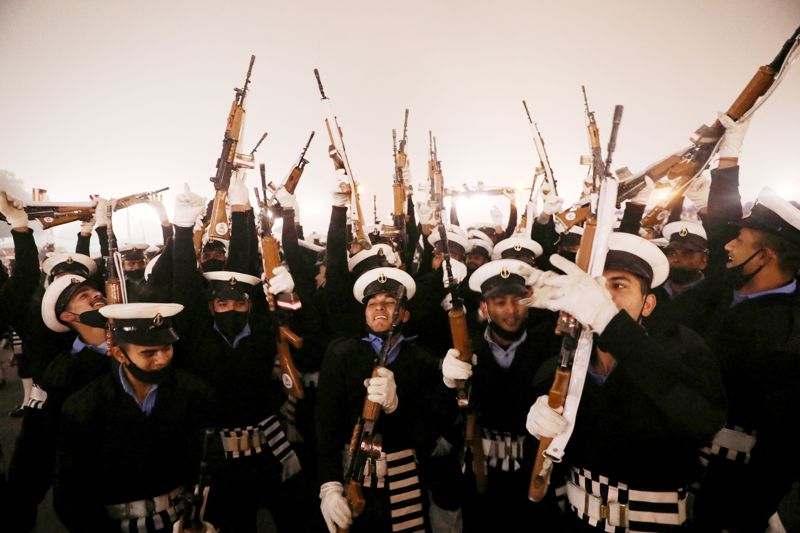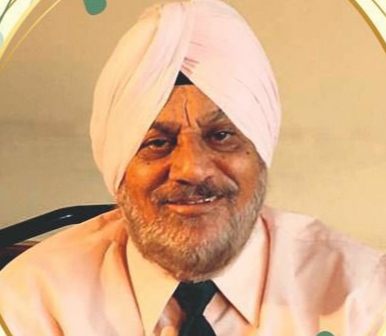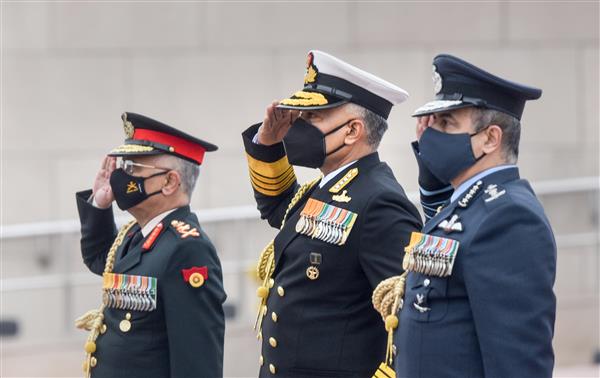The purchase of Quick Reaction Surface to Air Missiles (QR-SAM), which was being done from global sources, is now on ‘buy Indian’ list
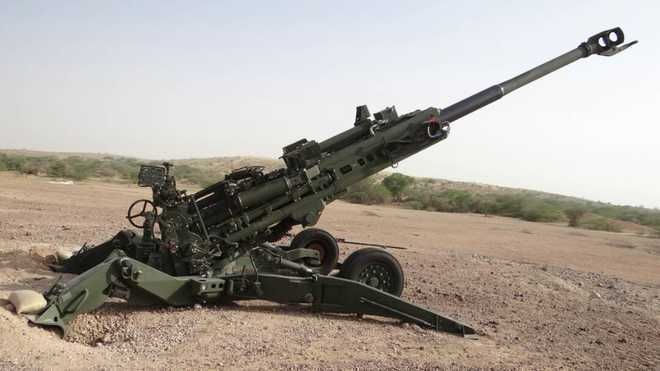
New Delhi, January 16
As part of a relook at importing military equipment, some items have been put on the list that will only be sourced indigenously.
Policy on cards
The Ministry of Defence is crafting a policy that will allow import of only specific items that cannot be produced in India. It will lay down guidelines which items can be imported and why.
The purchase of Quick Reaction Surface to Air Missiles (QR-SAM), which was being done from global sources, is now on ‘buy Indian’ list. Only Indian firms will be able to supply the missile for Army’s air-defence system.
Similarly, the all-terrain vehicles used in high-altitude areas will only be sourced from Indian vendors. The light machine guns (LMGs) for the Army will also be sourced from local sources. A decision in this regard was taken at a high-level virtual meeting on Friday. The decision to add more items on the ‘import ban’ list is expected in the coming week.
The Tribune had first reported in its January 12 edition that only cutting-edge technology will be imported and that too will have some kind of clause of servicing and maintaining the equipment. Import could be allowed in items such as aircraft engines, armed drones and long-range planes, among others.
Defence Minister Rajnath Singh had last month said at an industry event that it will be ‘make in India’ for military equipment in future.
Within the Ministry of Defence, a policy is being crafted that will allow import of only specific items which cannot be produced in India. This will lay down guidelines which items can be imported and why. It is called ‘Defence Production and Export Promotion Policy’.
The review will provide the list of items that cannot be imported and those which could be made in India.












